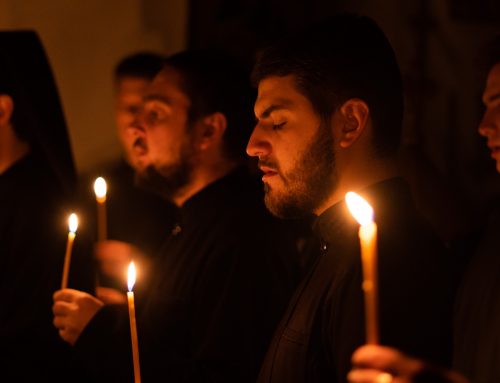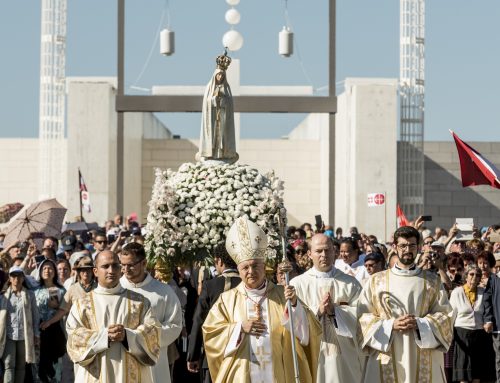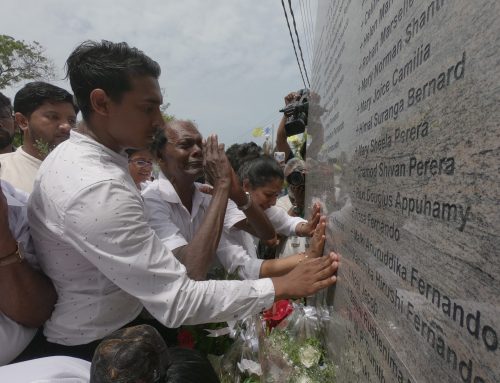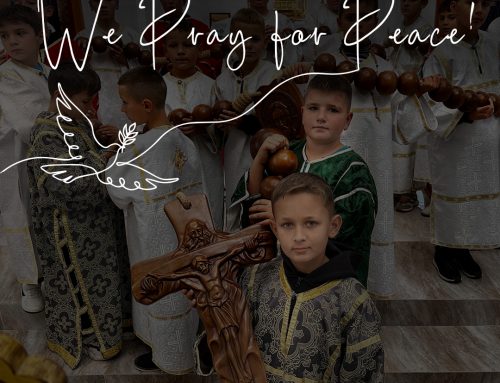First country to create new office specifically to deal with Christian persecution
Hungary is the first country to establish a special government office on persecution of Christians. The new department has a 3 million euro budget and will address both persecution of Christians in the Middle East and the subtle forms of discrimination some Christians face in Europe. It will be overseen by Tamás Török, who until recently was Hungary’s deputy ambassador to Italy.
The decision came after Hungarian Prime Minister Viktor Orban along with Zoltan Balog the Hungarian Minister of Human Capacity took part in the annual meeting for Catholic legislators in Frascati, Italy. The group was founded by Cardinal Christoph Schoenborn of Vienna in 2015. Orban and Balog, who are respectively a Protestant layman and a Calvinist pastor, were the only non-Catholic members of the group and were received by Pope Francis in a private audience.
In addition, in late August Orban and Balog met in Rome with Christian leaders from the Middle East – Syrian Patriarch (Catholic) of Antioch, Ignatius Joseph III Younan; the Maronite Patriarch of Antioch, Bechara Boutros Rai; Melkite Catholic Archbishop of Aleppo, Jean-Clement Jeanbart; Patriarch of the Syrian Orthodox Church, Ignacio Aphrem II Karim; and the Coptic bishop of the Orthodox Church, Archbishop Gabriel Anda.
“The primary topic of the meeting was the persecution of Christians, since Christians living the Middle Eastern region are the most vulnerable in the world,” Balog said. “Viktor Orbán declared at the meeting that Hungary will take action against the persecution of Christians and stands ready to support these communities whose very existence is threatened.”
“This is where we decided that there needs to be an efficiently operating deputy state secretariat with the government’s authorization to combat every form of Christian persecution.”
Balog explained that “Christianity today has become the most persecuted religion. Five people are killed for religious reasons, four are Christians.” He added “In 81 countries around the world Christians are persecuted and 200 million Christians live in areas where they are discriminated against. Millions of lives of Christians are threatened by followers of radical religious ideologies.”
This is the reason why the Hungarian government considers the establishment of the specialized government office to be of the “utmost importance” to help persecuted Christians, to raise international awareness of their “untenable situation”, and to coordinate humanitarian actions.
Balog also observed that this new focus will help control the major immigration flows out of the Middle East into Europe. “We feel that improving the situation in the troubled countries might make it possible for persecuted minorities to stay at home or close to home.”
Balog said Hungary “hasn’t been idle” in speaking in international forums against contemporary persecution of Christians. The country “to the best of its abilities” has helped Middle Eastern Christian communities morally and financially “so that they may persevere in their homelands.”
Among the Hungarian initiatives for persecuted Christians listed is the allocation of over 300,000 euros through the Hungarian Catholic Bishops’ Conference to support students in the Middle East and to construct schools in Erbil. The Hungarian government helps fund the annual education of approximately 400 refugee children in the Middle East. Together with the Catholic Church, the Hungarian government covers the annual education costs for the children of almost 740 families belonging to Christian or other persecuted religious or ethnic minorities living in refugee camps in Jordan, northern Iraq and Lebanon.
The exact mission of the new Christian persecution office has not yet been established. It will primarily have a humanitarian focus, but it will also examine the state of Christianity in Europe.
“Our interest lies not only in the Middle East but in the forms of discrimination and persecution of Christians worldwide. It is therefore expected to have a watchful eye on forms of persecution at European borders” said Balog.
In November 2014, a report by the Pontifical Foundation Aid to the Church in Need (ACN) found “worrying” and “worsening” conditions of religious freedom in the United Kingdom, Germany, France and Holland. These threats mainly come from radical feminists and LGBT activists that aim to compel Christian participation in abortion or to silence Christians on matters of sexual morality. Some policies have affected Christians’ ability to raise their children in the faith, while there have also been an increasing number of attacks on Christian places of worship in some European countries.
ACN Malta




